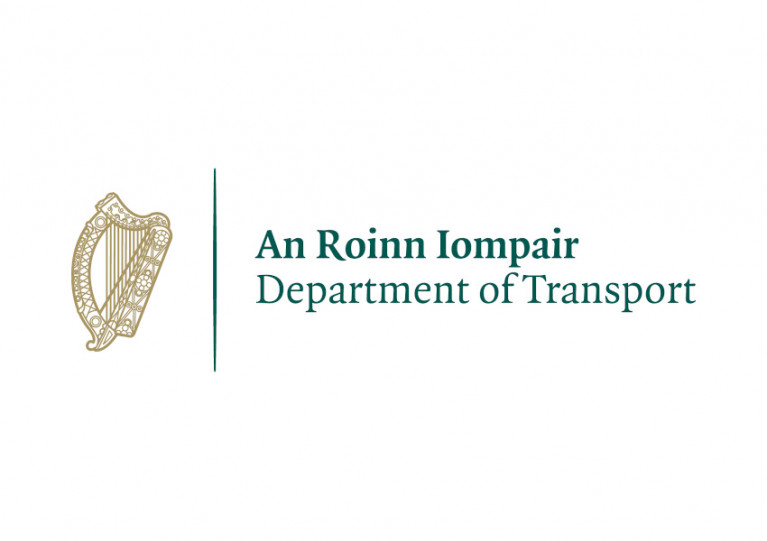There is no “essential worker” exemption for foreign crews delivering boats to Ireland amid the current pandemic restrictions.
Irish Marine Federation chairman Paal Janson received the official line from the Department of Transport, following suggestions by UK delivery skippers that they could sail under the ban on non-essential international travel — which is expected to be extended until at least the Easter period.
“Some UK delivery skippers are strongly suggesting that they are considered transport workers and exempt from a lot of the current restrictions. This turns out not to be the case,” Janson says.
 Irish Marine Federation Chairman Paal Janson Photo: Afloat.ie
Irish Marine Federation Chairman Paal Janson Photo: Afloat.ie
“In addition, should the boat be big enough to have a full-time professional crew, this is also not acceptable in the eyes of the department.
“If the boat turns up regardless, the crew must have a negative PCR test result (less than 72 hours old) and have filled in all the paperwork.”
Janson says the Irish Marine Federation will continue to raise with both the Department of Transport and HSE Dublin Port Health on the matter.
The response from the Department of Transport is below:
There is a Government Advisory in operation against all non-essential international travel and this would be considered to be non-essential travel.
However, if the voyage goes ahead the crew of this vessel are not considered to be part of the maritime supply chain and therefore are not essential workers, in other words they would not be exempt from the requirements placed on normal visitors to Ireland and so must complete the passenger locator form and quarantine according to place of origin and have negative PCR test result (less than 72 hours old).
The owner of the vessel is subject to the travel restrictions placed on the general population.



























































